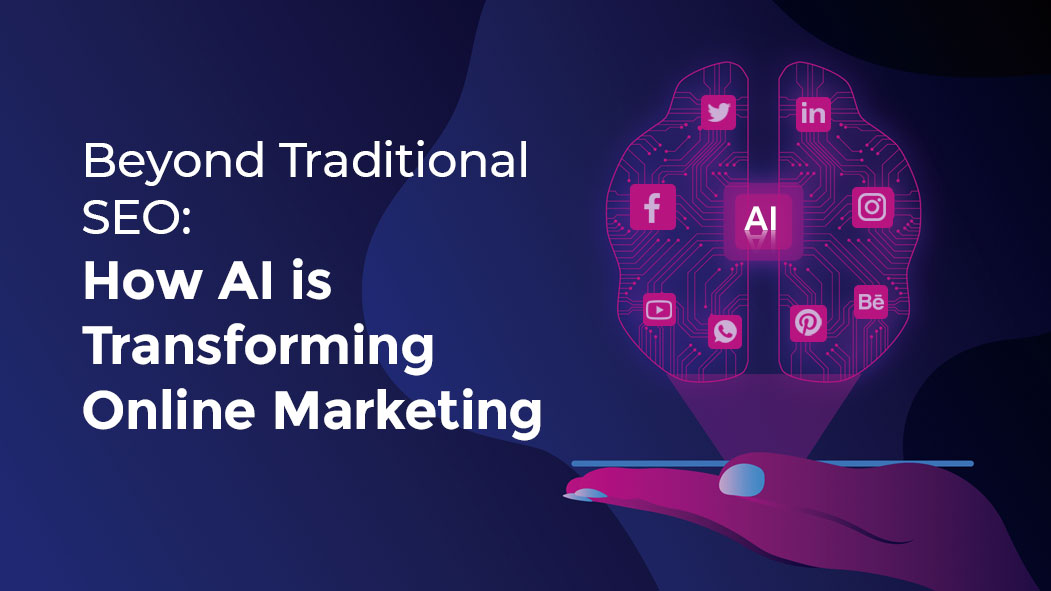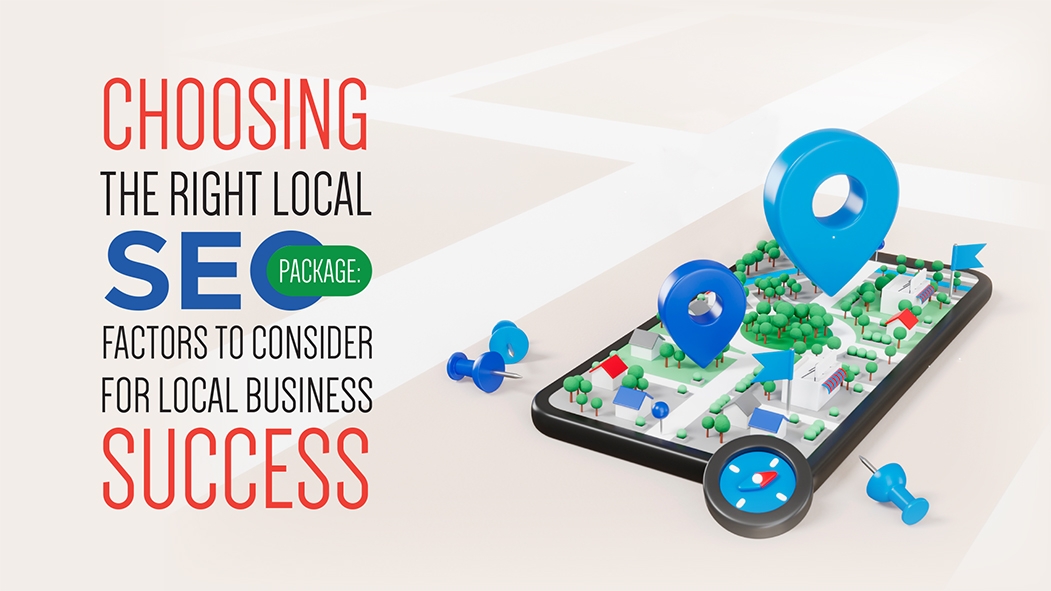March 31, 2023

Artificial Intelligence (AI) is transforming the way we interact with technology in our daily lives. From chatbots and personal assistants to self-driving cars, AI is rapidly changing the landscape of many industries. One industry that AI is significantly impacting is Search Engine Optimization (SEO). AI development services make up the majority of the work for digital agencies today.
What is AI in SEO?
AI is a branch of computer science that aims to create intelligent machines that can perform tasks without human intervention. In SEO, AI is used to analyze large amounts of data and provide insights that can improve website performance. AI algorithms are trained to recognize patterns and make predictions based on the data they have analyzed. This allows SEO companies and professionals to make more informed decisions about their optimization strategies.
In today's digital age, SEO has become a critical aspect of a website's success. Search engines like Google and Bing use complex algorithms to determine the relevance and authority of websites in their search results. This means that businesses need to optimize their website and content to rank higher in search results and attract more traffic.
How Can AI Be Used In SEO?
Artificial Intelligence has revolutionized the world of Search Engine Optimization by enabling businesses to gain valuable insights and optimize their online presence more effectively. AI-powered tools can analyze vast amounts of data, identify patterns, and provide data-driven recommendations to improve a website's search engine rankings. SEO Services can benefit greatly from AI. From keyword research and content creation to link building and user experience optimization, AI can enhance various aspects of SEO to help businesses stay ahead of the competition. In this digital age, where online visibility is crucial for success, the use of AI in SEO can be a game-changer for businesses looking to improve their online presence and attract more traffic to their website.
AI-powered SEO tools can help businesses achieve these goals by automating various aspects of SEO, such as keyword research, content creation, link building, and more. Let us talk about how AI can specifically be used in SEO:
1. Keyword Research
Keyword research is a critical component of any best SEO service provider. Traditionally, keyword research involves manually identifying relevant keywords and analyzing their search volume and competition. However, with AI, keyword research has become more sophisticated. AI-powered tools can analyze search data and provide insights into search trends and user intent. This allows SEO professionals to target the keywords that are most relevant to their audience and drive the most traffic to their website.
AI-powered keyword research tools can also suggest long-tail keywords that are less competitive but can still drive highly targeted traffic to a website. This can help businesses capture a larger share of the search market and increase their visibility among potential customers.
2. Content Creation
Content is king in the world of SEO agencies. AI is being used to revolutionize content creation by analyzing user behavior and generating content that is tailored to their interests. AI algorithms can analyze user data, such as search history and social media activity, to create content that is relevant and engaging. This helps SEO professionals create content that resonates with their audience and drives more traffic to their website.
Moreover, AI can also help with content optimization by analyzing content performance and providing data-driven recommendations for improvement. This includes analyzing readability, keyword density, and other on-page factors that can impact a website's search engine rankings.
3. Link Building
Link building is an essential component of any SEO service. AI is being used to streamline the link-building process by analyzing data and identifying opportunities for link-building. AI algorithms can analyze data to identify websites that are relevant to a particular industry or topic and suggest link-building opportunities.
AI can help businesses identify high-quality websites with authoritative backlinks. This can help businesses avoid low-quality websites that may harm their website's search engine rankings and instead focus on building links with reputable websites that can help improve their SEO performance.
4. Analytics
Analytics involves the collection and analysis of data related to website traffic, user behavior, and other key performance indicators (KPIs). By leveraging AI-powered analytics tools, businesses can gain valuable insights into their website's performance and identify areas for improvement.
AI-powered analytics tools can analyze large amounts of data and identify patterns that humans may not be able to detect. This can include identifying the most popular pages on a website, the most frequently searched-for keywords, and other important metrics. These insights can be used to optimize a website's content, structure, and other on-page factors to improve its search engine rankings.
Conclusion
AI is revolutionizing SEO by providing insights into user behavior, optimizing on-page elements, identifying link-building opportunities, and optimizing for voice search. As AI development services evolve, it will become even more important for SEO professionals to incorporate AI into their optimization strategies. By leveraging the power of AI, SEO professionals can stay ahead of the curve and drive more traffic to their websites.
About Webmantra
Webmantra is a leading digital agency that specializes in providing top-notch SEO services to businesses of all sizes. With a team of experienced SEO professionals and access to cutting-edge AI-powered tools, Webmantra helps businesses improve their search engine rankings, drive more traffic to their websites, and achieve their SEO goals more efficiently and effectively. From keyword research and content creation to link-building and analytics, Webmantra offers a comprehensive suite of SEO services that can help businesses stay ahead of the competition in the ever-evolving digital landscape.

 Academy
Academy






